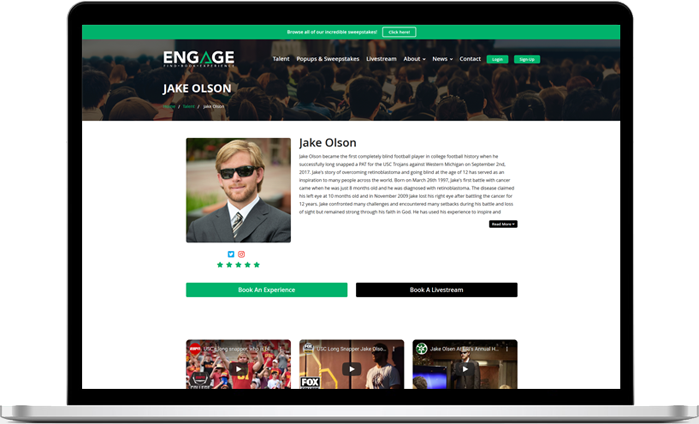Scott Amyx is the Managing Partner at Astor Perkins a deep tech and sustainability VC that backs mavericks solving some of the hardest problems facing humanity on Earth and in space such as climate change mitigation, longevity, and human survival on Earth and in deep space.
Scott is also a Forbes New York Business Council Member, Singularity University/ Smart City Accelerator mentor and startup board member, and SXSW Pitch judge. He is a national Sloan Fellow/Woodrow Wilson Fellow and has spoken at TEDx multiple times. Scott is a global thought leader on breakthrough innovation, voted top global innovation keynote speaker, and author on smart cities. Scott has been nominated to the World Economic Forum as a committee member for the Future of the Internet. He has been featured in the New York Times, TIME, Forbes, The Washington Post, WIRED, and many other publications.
Scott is the co-author of Internet of Things and Data Analytics Handbook, an academic publication by John Wiley and Sons, and The Advances in Information Security, Privacy, & Ethics (AISPE) Book Series: Managing Security Issues and the Hidden Dangers of Wearable Technologies, an academic publication by IGI Global.

















































“Scott has his finger on the pulse!”
“Scott has his finger on the pulse!”